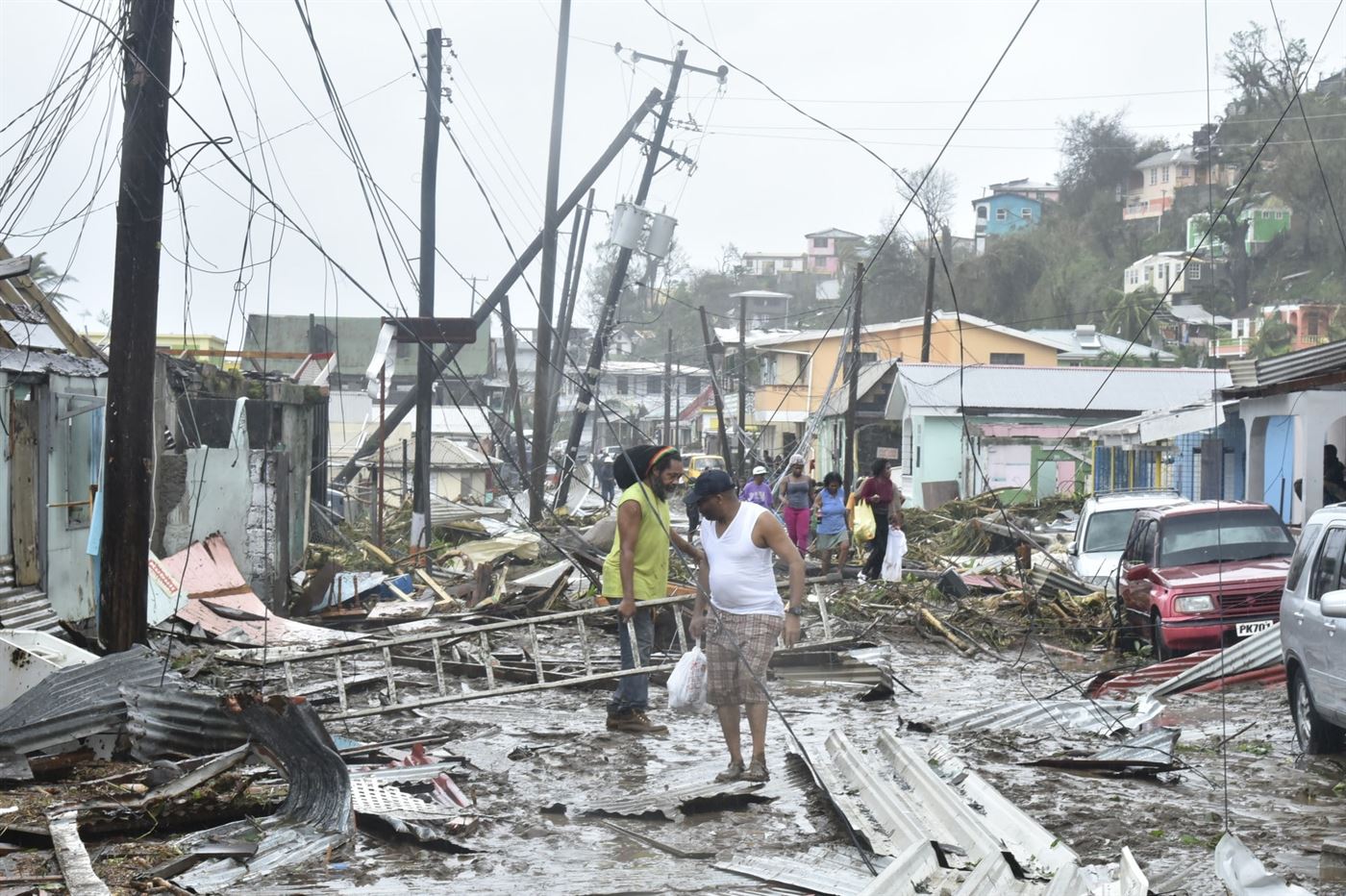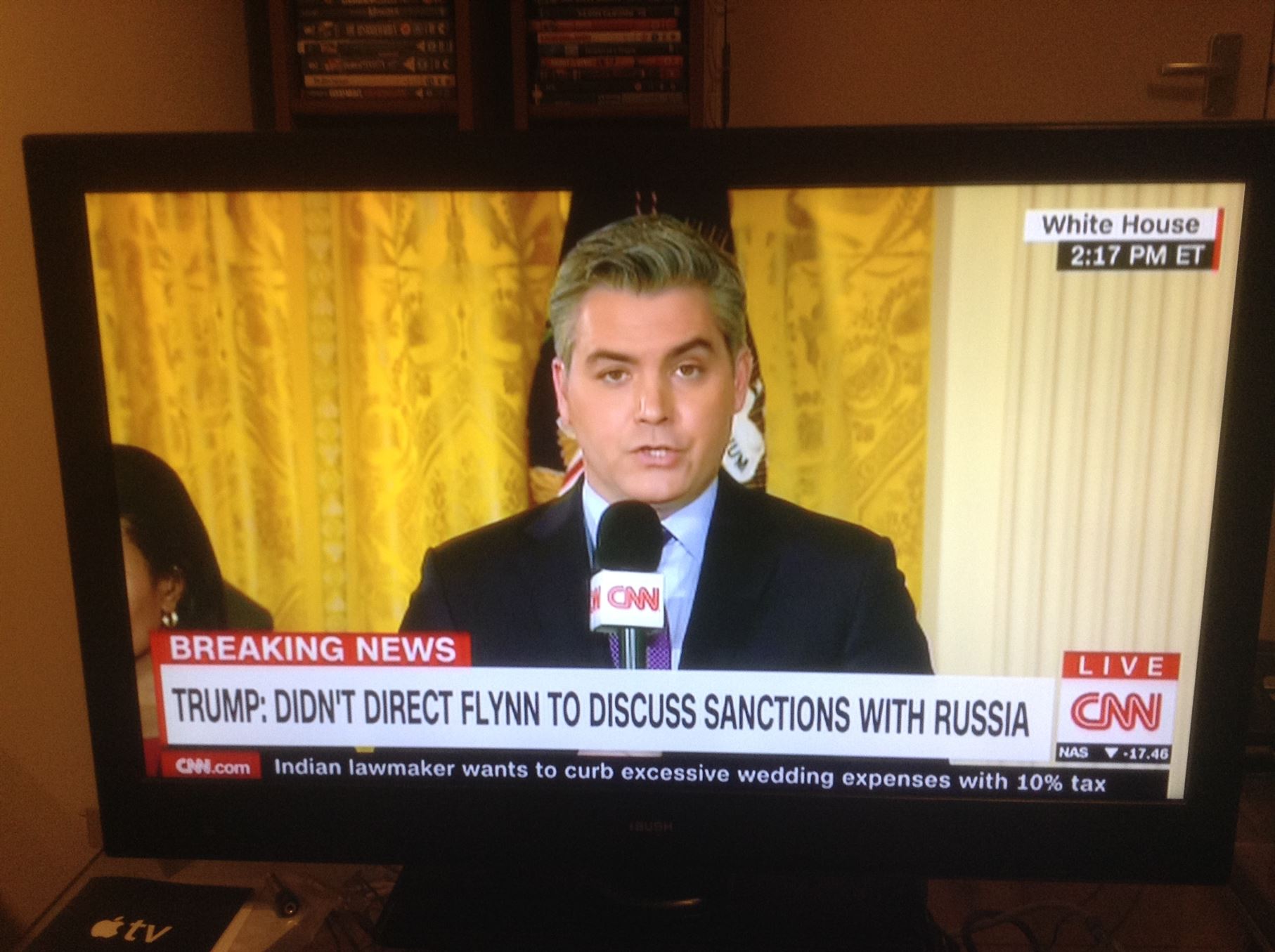Since Donald Trump announced he would be running for president over two years ago, he has attacked various groups of people verbally or via Twitter. Arguably, the group he has gone after the most is journalists, which he infamously labels as spreaders of “fake news.” After months of these attacks, hundreds of newspapers responded in a collaborative effort organized by The Boston Globe. While Trump is well-deserving of a clap back for his persistent criticisms of media, the sad truth is that many aspects of American journalism are in fact harmful to the average citizen. Journalists who fail to address issues within the industry will only continue to experience a damaged relationship with the majority of America.
The issue with news is not that it is dishonest, as Trump likes to suggest, nor that it skews liberal. In fact, by most countries’ standards, the liberalism that Americans know is considered a centrist or right wing ideology. The biggest issues with American journalism can be sorted into three categories: the lack of distinction between news coverage and news commentary, the poor prioritization of coverage, and the polarized for-or-against narrative.
The distinction between news coverage and news commentary is an issue specific to broadcast. Trump most commonly uses “fake news” to refer to CNN and MSNBC. While he’s immature to do so — usually basing his accusations on his desire to only be discussed positively — and hypocritical to not extend the term to Fox News, he technically is not wrong to question the legitimacy of those networks’ content. The vast majority of what anchors on channels like CNN, MSNBC and Fox News talk about is not the facts of major stories but the perspectives.
Typically on these networks, a story will be given a certain amount of time for coverage and equal or more time for guests to discuss their subjective views. Of course, providing an opinion on a major issue is not inherently bad and is usually positive, but it is harmful to suggest that an opinion is a fact. When broadcast networks do not acknowledge that what they’re providing is primarily opinion-based coverage, their audiences will usually take them at face value and incorrectly spread subjective information as if it is truth. This only solidifies people in their perspectives and makes it harder for Americans to consider more views than the ones they’ve already committed to.
Another issue rampant in broadcast but also noticeable in other forms of journalism, is how often outlets will neglect the stories that affect the most people. Since the first rumors of Russian interference in the 2016 election, CNN has provided frequent updates, often spending hours a day discussing the same points, resulting in coverage that is far more redundant than informative. They have failed to invest their resources in more complex and important stories, such as the lack of power and the attempts at gentrification in hurricane-ravaged towns in Puerto Rico or intentionally poisoned water in Flint, Michigan and the many ways it continues to poison the community.

Residents of Puerto Rico clean the destruction Hurricane Maria left.
Photo courtesy of Roosevelt Skerrit via Flickr Photo credit: Roosevelt Skerrit via Flickr
Fox News has spent hours berating Democratic nominee for Congress Alexandria Ocasio-Cortez, deeming her “radical left” even though her platform is barely left-of-center. MSNBC has 507 stories on their official website about Stormy Daniels, according to the MSNBC coverage database, but zero on the war in Yemin in which U.S. ally, Saudi Arabia has killed thousands of civilians, according to the UN Human Rights Office. While 2016 saw the biggest labor strike in U.S. history organized by incarcerated people, big names such as The New York Times and The Washington Post failed to deem the story worth even one page of coverage. Another mass prison strike began on Aug. 21 of this year, which once again received little to no coverage from major papers.
These are just a few examples of the many failures of American journalists to prioritize the stories that could have the most impact. Instead, they have opted to cover stories for easy clicks and redundant critiques.
Perhaps the most dangerous issue with American journalism is its severely binary narrative structure, which is an issue throughout America’s media industry as a whole, and not exclusive to, but still very much a part of journalism. You are either a cat person or a dog person, a man or a woman, gay or straight, for or against gun control, liberal or conservative, etc. Occasionally centrism is provided as a third option, if a dulled-down blending of two barely-somewhat encompassing labels can be considered an option.
In reality, no discussions — especially not ones being discussed by journalists — can or should consist of only two perspectives, especially when those two perspectives are liberal and conservative. These are two ideologies which actually aren’t as separate from one another as many of the people who identify with them would like to believe.
And a few people have spoken out about their distrust with the media:
https://twitter.com/macrofeesh/status/1035828967733952512
Journalism is a dying profession. More about who can get a “story” out there the fastest, facts be damned
— Travis Praker (@ItsATravisty90) August 31, 2018
Have you seen @cnn and @MSNBC and the White House press core? it’s everyone and it’s why journalism is dying
— Sammyf 🇺🇸 (@sammyfan00) August 25, 2018
This for-or-against mentality pushed by some of the biggest influencers in the world of media is a disservice to free thought. It normalizes the idea that not fully committing to one stance means one must be fully committing to its polar opposite, hence why so many people feel that the only way to disagree with Trump’s attacks on journalism is to deny that there are any issues within the media industry. The degree to which this influences nationalism is also dangerous.
For example, the takeaway from Russian President Vladimir Putin influencing the U.S. election should be that years of corrupt leadership in Russia and the U.S. has made it far too easy for people with bad intentions and immense power to attack democracy.

Jim Acosta reports for CNN.
Photo courtesy of Ninian Reid via Flickr Photo credit: Ninian Reid via Flickr
There’s no valid reason why disapproving of Putin’s and Trump’s actions should be a call for Americans to oppose the entire country of Russia when the average citizen in Russia likely has no more love for Putin than Americans do. Yet many Americans have been influenced by media coverage to firmly commit to the idea that the land they happened to be born in is the poor victim of a foreign nation hellbent on destroying democracy. This is ironic considering how many democratically elected governments the U.S. has interfered with at the expense of countless lives.
The Cold War-like propaganda being passed off as news is worth criticizing, and while Trump has no leg to stand on when he makes such criticisms, it’s arguably more dangerous that the people who do have a leg to stand on would rather act like nothing is wrong.
Journalism is too important of an institution to be held to such a low standard. Those who truly hope to protect it need to be willing to shake the for-or-against way of thinking that Americans are so used to and start making more nuanced critiques of the state of journalism and the larger media industry. The Boston Globe and most of the papers participating in this “call to action” likely will not consider these types of opinions, but the average American still can.
As our way of looking at the world becomes more all-encompassing, the big names in media will hopefully do more to hold themselves accountable.



